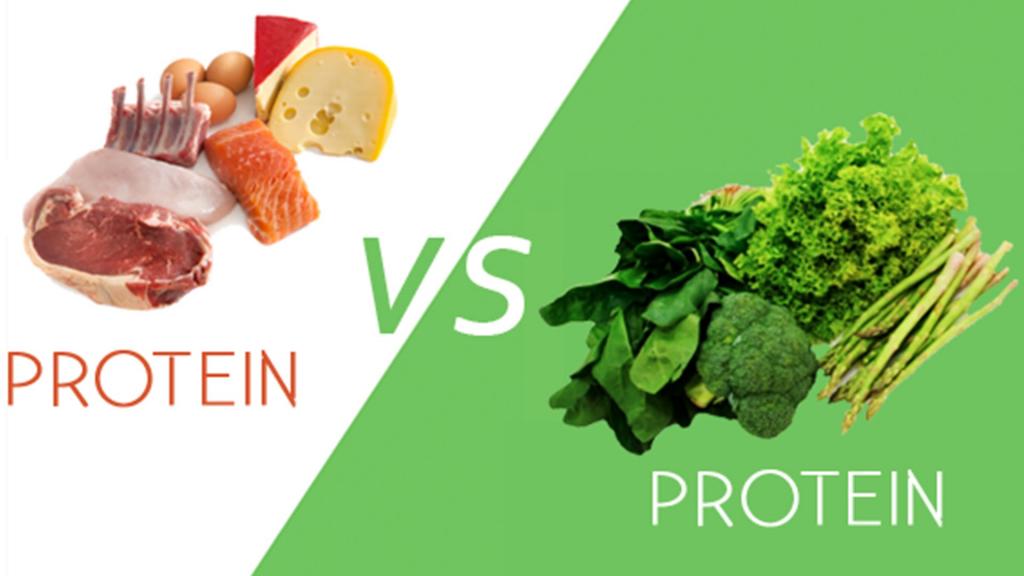The debate between plant protein and animal protein regarding which is ideal for a long, healthy life is complex and multifaceted. Both sources can provide essential nutrients necessary for overall health, but there are key differences to consider.Let’s Discuss:
Nutrient Profile
Plant proteins are packed with fiber, antioxidants, vitamins, and minerals, all of which support overall health and help prevent diseases. They promote digestion, heart health, and immune function. In contrast, animal proteins provide essential amino acids, vitamin B12, iron, zinc, and omega-3 fatty acids, which are crucial for muscle growth, brain function, and energy production. While plant proteins offer numerous health benefits, animal proteins play a vital role in bodily functions. A balanced intake of both ensures comprehensive nutrition and well-being.
Heart Health
Some studies suggest that plant-based diets, which are typically lower in saturated fats and cholesterol found in animal products, may lower the risk of heart disease. However, lean sources of animal protein, such as fish and poultry, can also be part of a heart-healthy diet.
Cancer Risk
Some research indicates that high intake of red and processed meats may increase the risk of certain types of cancer, while plant-based diets high in fruits, vegetables, and whole grains may lower the risk. However, the evidence is not conclusive, and moderation is key.
Environmental Impact
Plant-based proteins generally have a lower environmental footprint compared to animal proteins, as they require fewer resources such as water and land and produce fewer greenhouse gas emissions.
Personal Preferences and Cultural Considerations
Dietary choices are often influenced by personal preferences, cultural traditions, and ethical beliefs. Some people may thrive on a plant-based diet, while others may prefer or require animal protein sources for various reasons.
Ultimately, the key to a long, healthy life is to consume a balanced diet rich in a variety of nutrient-dense foods, whether they come from plant or animal sources. It’s essential to focus on overall dietary patterns rather than fixating on individual nutrients or food groups.
What are the key differences between plant-based and animal-based proteins?
Plant proteins contain fiber, antioxidants, and essential vitamins, while animal proteins provide complete amino acids, vitamin B12, iron, and omega-3s.
How do plant and animal proteins impact heart health?
Plant-based diets may lower heart disease risk due to lower saturated fats, while lean animal proteins like fish and poultry can also support heart health.
What role does environmental impact play in choosing between plant and animal proteins?
Plant-based proteins generally have a lower environmental footprint, requiring fewer resources and producing fewer greenhouse gas emissions than animal proteins.

